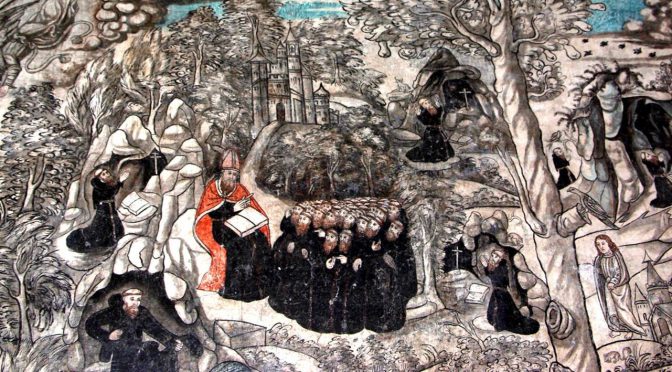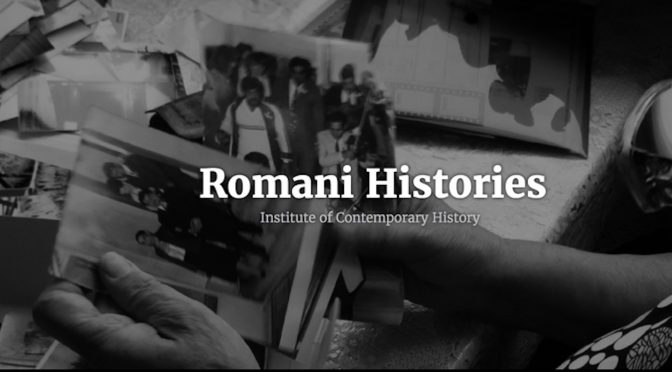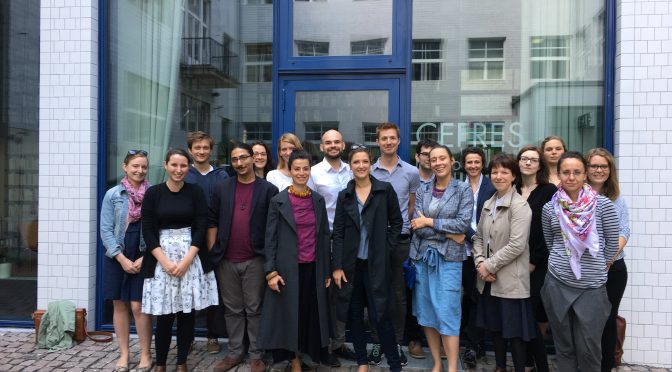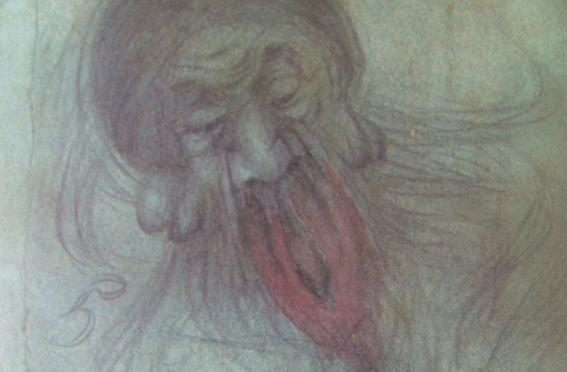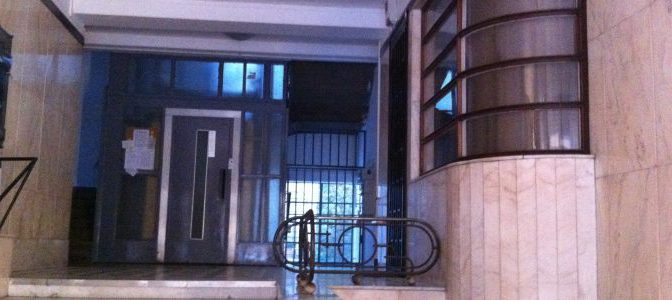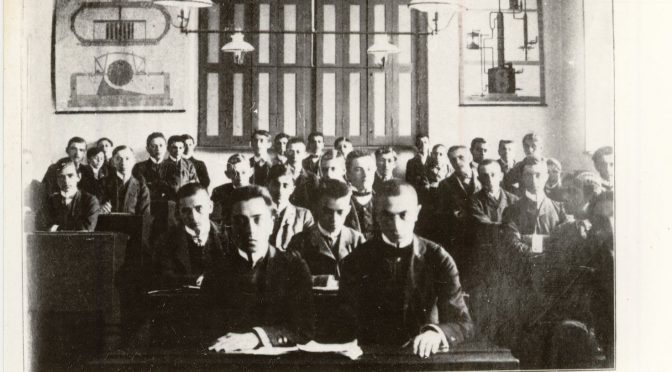A workshop organized by the Center for Ibero-American Studies of the Faculty of Arts, Charles University (SIAS FF UK), CEFRES and the Institute of Art History of Czech Academy of Sciences (ÚDU AV ČR). The collaboration is realized within the Research project “Cataloging and study of the translations of Spanish and Ibero-American Dominicans”.
Venue: Špork Palace, Hybernská 3, Prague 1, room nr. 303
Scientific organizers: Monika Brenišínová (SIAS FF UK), Katalin Pataki (CEFRES) and Lenka Panušková (IAH CAS)
Language: English
Read more information about the workshop here
Read the call for papers here
Read the abstracts of the workshop here
Program
25 September, 2017 Monday
9.30–10.00 Registration
10.00–10.40 Opening Ceremony and introduction (organisers)
- Markéta Křížová (Centre for Ibero-American Studies, Charles University)
- Clara Royer (French Research Centre in Humanities and Social Sciences)
- Tomáš Winter (Institute of Art History, Czech Academy of Sciences)
10.40–12.10
Interpretation and Context
Chair: Veronika Čapská (Department of General Anthropology, Faculty of Humanities, Charles University)
- Martin Lešák, Monasteries on the Horizon: The Sacral Landscape Through the Senses of Medieval Pilgrims
- Jana Králová, The Monastery Translation From the Contemporary Perspective
- Jan Tesárek and Barbora Spálová, Other time: Construction of Temporality in Benedictine Monasteries
12.10–14.00 Lunchbreak
14.00–15.00
Monastic Networks: Technology and Society
Chair: Jan Zdichynec (Department of the Czech History, Faculty of Arts, Charles University)
- Barnabás Szekér, Whose Instructions? – Educational Orders, Administration, and Rules of Higher Schools in the 18th Century Kingdom of Hungary
- Katalin Pataki, The Monasteries as Mediators of Medical Knowledge – Camaldolese Pharmacies of the Hungarian Kingdom and Austria
15.00–15.30 Coffee break
15.30–17.00
Devotion and Vocation: The Transition of Ideas
Chair: Markéta Křížová (Centre for Ibero-American Studies, Charles University)
- Antonio Bueno, To whom may read this. The Prologue of Linguistic Works and Translations of the Dominicans as the Main Ideas for Reflection on Translation Theory
- Monika Brenišínová, Mexican Monasteries and Processions. The transmission of ideas, space and time
- Marcin F. Rdzak, Books of Enrollment to the Fraternity of the Scapular (1911-1946) from the Convent of Carmelite Fathers in Lwow. The Transition of Devotional Patterns
17.00–17.30 Coffee break
17.30
Keynote Lecture
József Laszlovszky (Department of Medieval Studies, Central European University)
Transfer, Translation and Transmission of Knowledge in Monastic Networks — Research Directions and Approaches in the Study of Medieval and Early Modern Patterns
26 September, 2017 Tuesday
9.00–10.00
Arts and Architecture: Transferring the Forms
Chair: Lenka Panušková (Institute of Art History, Czech Academy of Sciences)
- Pavel Štěpánek, El Escorial jako duchovní model českých a
moravských klášterů ve světle současné interpretace
(Hradisko, Kuks, Plasy) [El Escorial as Spiritual Model of Czech and Moravian Monasteries in the Light of the Contemporary Interpretation (Hradisko, Kuks, Plasy)] - Jana Povolná, Sázava monastery: St Procop, Scriptorium and the Church
10.00–10.30 Coffee break
10.30–12.00
Writing Monastery
Chair: Kateřina Bobková (Institute of History, Czech Academy of Sciences)
- Renata Modráková, Benedictine St. George’s Cloister at the Prague Castle as a Crossroad of Medieval Cultural Trend and Ideas
- Jan Kremer: Religious Identity and Order Discipline – Early Thirteenth-Century Bohemian Premonstratensians
- Kristian Bertović, Glagolitic monks—Monastic Continuity and Glagolitic Script in the Medieval Croatia and the Istrian Peninsula
12.00–13.00 Lunchbreak
13.00–14.30
Presentations of ongoing projects
- Klášterní stezky (project of the Department of History and History Didactics, Faculty of Education, Charles University); http://www.klasterni-stezky.cz/
- Visions of Community (VISCOM, University of Vienna); https://viscom.ac.at/home/
- Szerzetesség a kora újkori Magyarországon – Religious Orders of Early Modern Hungary http://szerzetes.hypotheses.org/
- Sources, Forms, and Functions of the Monastic Historiography
in Early Modern Ages in the Czech Lands
Closing remarks
Lenka Panušková (IAH CAS), Katalin Pataki (CEFRES), Monika Brenišínová (SIAS FF UK)
15.30
The Emmaus Monastery
Guided tour by Kateřina Kubínová

